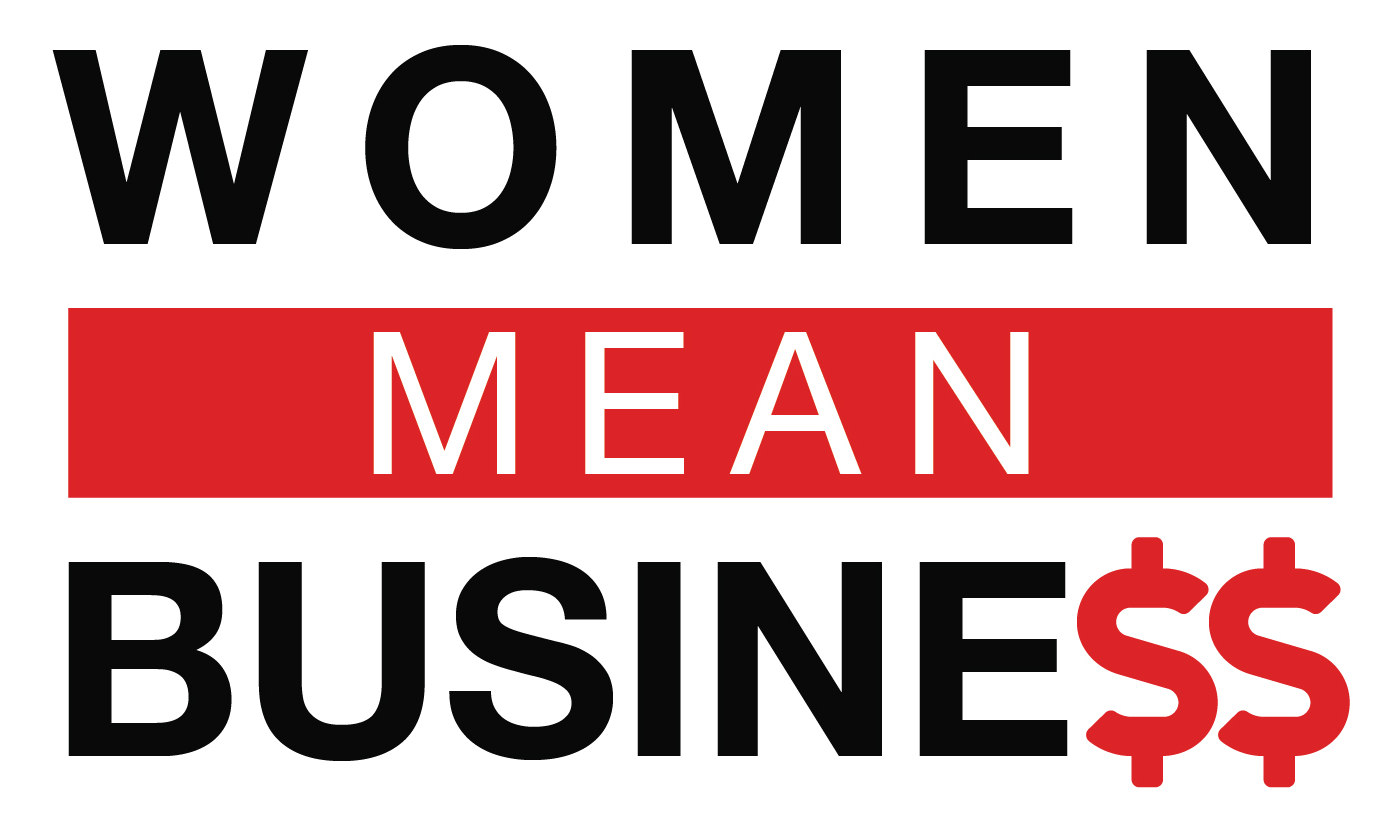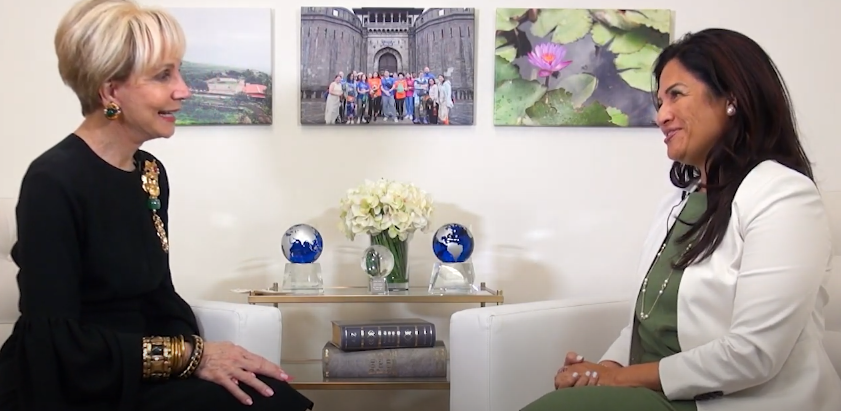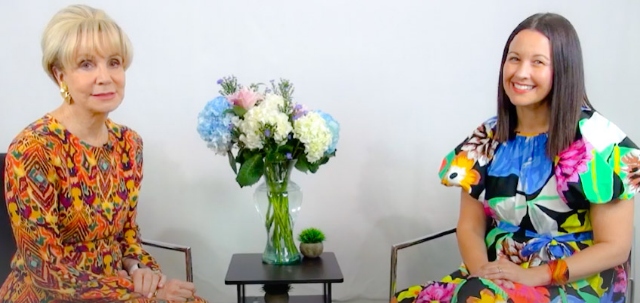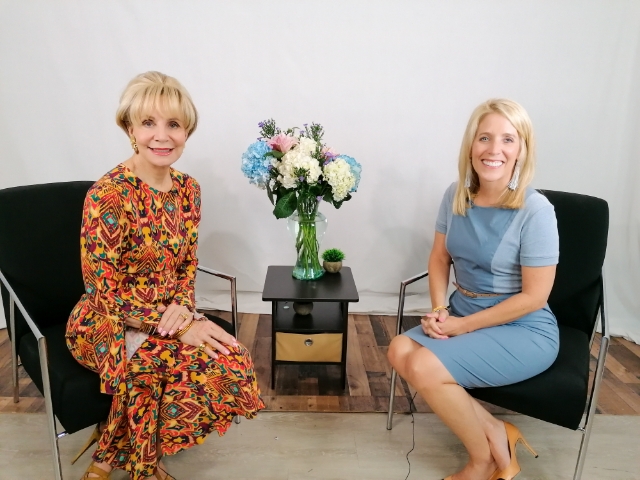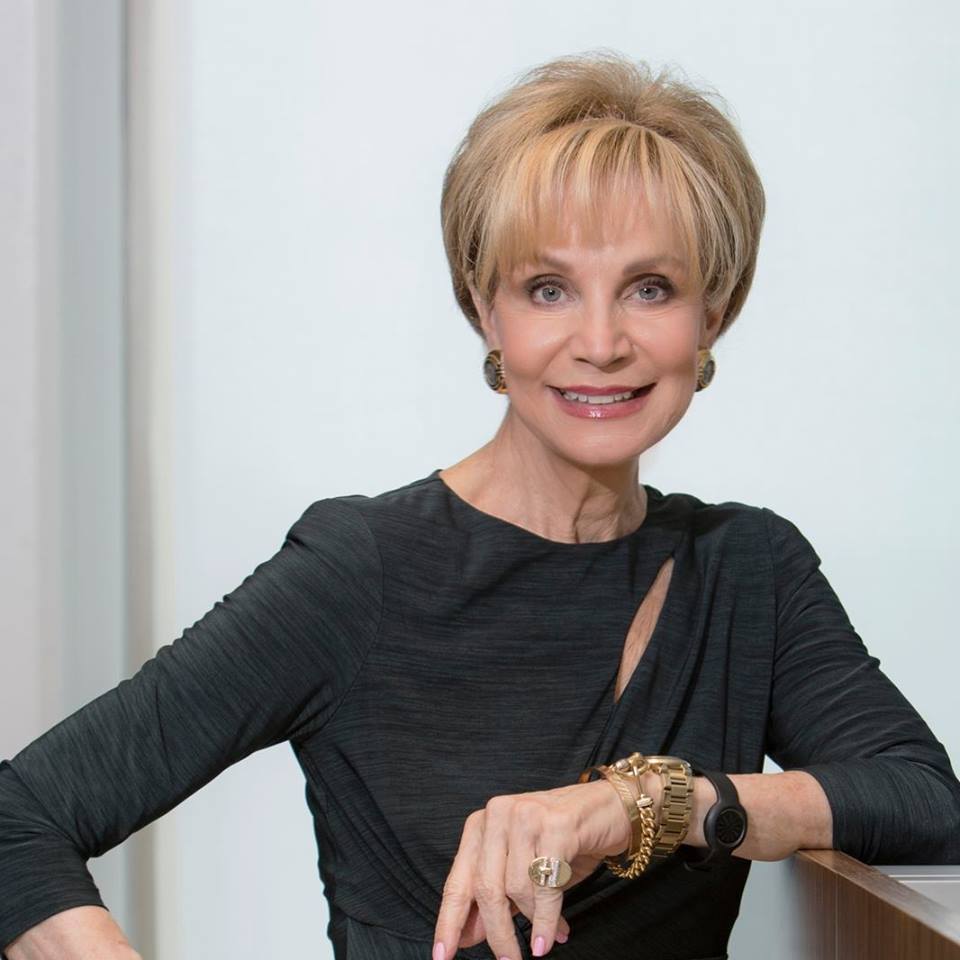Read the transcript
Leisa: Hi, I’m Leisa Holland-Nelson and welcome to Women Mean Business, where we’re going to chat with extraordinary women who are shattering glass ceilings every day, running companies, starting nonprofits and changing the ways we navigate and view our world. My guest today is Frances Hamker-Crossingham, senior principal with Slalom. I’m impressed. Frances, welcome to Women Mean Business.
Frances: Thank you. Happy to be here.
Leisa: I’m so excited to meet you, I’ve heard so much about you and I want you to tell me about you and Slalom, what you’re doing there, what the company does, everything I need to know.
Frances: Sure. Well, first of all, I’ve only been there for a couple of months, but I’ve been in consulting for almost 15 years, but Slalom by far has been one of the best consulting firms I’ve been for just simply because of the culture. They really value families, they really value women and diversity, which is huge right now, to many people. I’ve enjoyed my last couple of months there.
Leisa: Where were you before? And when you say consulting company define what that is.
Frances: Sure. So, management business consulting, and before Slalom, I was at Ernst and Young, and before that I was at Accenture or Arthur Anderson as known by many. So those have been my three main ones I’ve been at, but I have loved consulting. For me, I’m one of those people that when I got out of college, I wanted to do something exciting and new and learn something every day. That’s consulting, because no matter what you do at the client site, the next day, you probably are going to do something completely different. So, it changes things up.
Leisa: And you’re good if they don’t listen to you?
Frances: Yes. That’s the main thing about consulting is you have to pause and listen to your client. And a lot of times what they say they need may not necessarily be what they need. And so, you have to take that back, listen to it, play it back to them, and they’re like, oh wait, actually, that’s what I needed. So, it’s a lot of listening, active listening, pausing and consulting in itself is just being their friend and being a strategic partner.
Leisa: So, are you writing strategic plans for them or branding or what, what do you specialize in?
Frances: Personally, I specialize in organizational effectiveness. So, change management, talking to clients about any big transformation happening in their companies. That can be a technology, that can be a culture change, or as we learned last year, that could be a whole workforce change. All of a sudden everyone’s having to work remote at home.
Leisa: Yes. Are y’all making plans for bringing employees back? Is that a big piece of your business?
Frances: That is, but also looking at the workforce of the future. So different skill sets. So, as we know, skill sets are something that are very important to your job and what you’re going to be doing and technology is a huge part of that. But we have now in the workplace many different generations. You have people that are in their fifties and sixties and people that are in their twenties. They all have different skill sets, they’ve all interacted with technology different ways throughout their career. And so how do you piece that together to be effective? And how do you bring that change altogether? So, a lot of times in consulting now, any main change you have is going to be around technology and transformation. And that’s what we really do at Slalom, we look down the road and say, okay, this is where your company is now, but where do you want to be? Not just now, but beyond.
And the main thing is how are you going to get all this amazing knowledge transition down to these younger people? Because you have people that have been doing the industry, any industry, pick any industry, for 40 years that have the knowledge, but yet they may not necessarily have the skills and tools to do the way it’s done now, but yet they have it in their heads. So how do you, six generations of people of ages, like how do you get that knowledge into the younger people, but with tools of the older people don’t know how to use. I mean, the world is different now.
Leisa: The other thing that I think is so interesting. And that’s probably because I’m at the top of the six generations is so many people are expecting us to just mentor, just give back, just give away and be ready to walk away. Which we’re not.
Frances: No, you’re not
Leisa: I’m starting something new today. So, it’s like, I’m not walking away, I’m not retiring. So, not that I don’t want to help the next generation, but I’m not giving my spot up to them.
Frances: No, absolutely not. And I also think it’s interesting because you’ll see a lot of really great digital technology platforms come in, you know, AI, robotics, all these great amazing things that are coming in. However, those only really work if the data and the knowledge put into them are accurate.
Leisa: By a person.
Frances: Right, by a person. And a lot of times that data, that knowledge put in by that person is typically older, right? So, how do we put that all together? How do we manage that change? How do you make that effective? That’s really what we do in the organizational effectiveness department at Slalom is we manage that. And I always say, it’s not really change management, it’s change maintenance. I think, as we know now, it’s maintenance.
Leisa: So interesting.
Frances: Yes, it is continual.
Leisa: I had a consulting business once in ‘95, ’96 and ‘97. So, twenty-five years ago and our tagline was “technology doesn’t make technology work, people do.”
Frances: Absolutely
Leisa: And nothing has changed. I’m in the technology business now and our business, we’re an SEO company, we’re online, we’re getting seen, we’re on the first page of everything. Our business is referral-based, it’s people, it’s our clients sending the next client there. I mean, sure maybe 10% comes through Google, but the truth is we’ve grown so much because we’ve done good work. And people talk about it.
Frances: And humans matter, I think we’ve realized that from COVID as well and in 2020, humans matter, and how we work with each other matters. And that’s I think a special take away from a very hard year is realizing that.
Leisa: I agree. So, do you have all different programs already created to work through this? Or are you creating new strategies and new programs all the time?
Frances: I would say you anchor on a couple of things that are consistent, obviously unlocking value, putting people first, having a good strategic plan to move forward, but a lot of times clients want things customized. And I also love that about consulting. Another reason why I got into it at a young age is you want to be creative. You know, not everything’s going to work for one client as it did for the other, and that’s where you get into getting to know your client, asking those questions, listening to them and bringing a creative solution to their probably unique problem.
Leisa: How long does a consulting project last? Are you with your client for life?
Frances: Well, that’s interesting. I would say majority of my clients are now friends, very good friends. And so, there’ll be, you know, pick up that phone if they have a challenge or issue and call you and you’ll talk it over the phone just for a couple of hours, or it can be a project that could go on for months or years. But I would say the typical project usually last a couple of months to a couple of quarters. However, big system implementations, those could take years. But your main goal is, you’re in the relationship business. Like, you’re in the creating that friendship, that partnership, where they can pick up the phone and call you anytime and talk to you about anything. And that’s really, you know, they say it’s consulting and it is, but it’s really partnering. It’s partnering and becoming friends and always being there for them as an outside perspective. And so, they can last any length of time, but you build that friendship forever.
Leisa: So, I’m guessing business development is a piece of your job.
Frances: It is.
Leisa: Which is relationship management, obviously.
Frances: Good work goes to good reputation and goes back to good projects and happy win-win for everybody. And that’s true, I guess at the end of the day with consulting, you’re really just selling relationships and good work. You’re not selling a widget or a software, you’re selling yourself.
Leisa: It’s exciting, I think.
Frances: I love it. A lot of times when you first get out of college, you’re in a career fair and they come to you and they’re saying, yes, you do this every day, the exact same thing every day, or you’ll be doing this at the same office every day. But for me, I was like, I want to try out a bunch of different things. Like I want to be meeting different people, learning different skills, different toolsets. And I would recommend anyone that wants to do something like that, get into consulting because that’s where you just grow. And every day is different. Okay, not every day, but a lot of the time it’s different.
Leisa: Most of them.
Frances: Yeah. Right. And every problem you come across is unique.
Leisa: I know this has been a crazy year for everyone. It’s been a pandemic year. You changed jobs in the pandemic year, but you’re also a mom. So, tell us how you’ve handled all of that together.
Frances: I would say as a mom and also as a woman and also as a professional, you have to know to ask for help when you need it and who to go to and keep your networks close. And I think if anything, 2020 taught us that people need people, you know, when you isolate yourself, that’s never a good thing. So, you know, rely on others and ask for help when you need it. And I think that I really learned that, like I grew closer with a lot of my team members and colleagues during COVID because all of a sudden, you’re not just meeting the workplace, you’re seeing their homes, you’re seeing their children run back and forth between the screen, you’re hearing the dog that they always talk about. And I think that’s kind of special in a way, you grow close to that.
And also, I think it gave people more time to be home. It was easier. It was easier to tell one of my colleagues, hey, I have to go because my daughter needs me because they basically could hear her needing me versus, if I was in a work meeting in a building, they’re just seeing me on my phone saying I have to leave. So, I think that made it more relatable in some ways, and that’s kind of strange because we were remote, but it did, it made us closer in a lot of ways.
Leisa: And as a consultant, I know you are looking at the new workplace and I think we’re all sort of agreeing there’ll be some sort of hybrid model.
Frances: There definitely will be. And also new skills, having to know and how to navigate that remote workplace, that’s going to be really big, you know, using technology and digitalization, that’s going to be really big. I think moving forward in whatever industry you work in, technology is going to be something that’s going to be critical.
Leisa: I’m happy about that. My last question for you is, you’re very successful and I think it’s so exciting. And I would love for you to share with other women, how you feel about what you have to do to achieve this kind of success.
Frances: You have to understand, you can have it all, just not at the same time. You have to prioritize and be intentional about that. There’s only so much time in a day, only so much energy, and you have to be intentional and prioritize where you want that to go in different places in your life at different times. And I remember I had a mentor a long time ago tell me, if you want to focus on your career, focus on that. If you want to focus on really being great and being a mom at home, focus on that. But be intentional about what you do and take time to think about it before you try to do everything all at the same time. So, that was really powerful for me. And then two, I would say, resilience and flexibility. Just understand that things take time and you’re going to have to be flexible at times and learn to do that.
And then last is stewardship. What you give to the world is what it’s going to keep with you. And so, I believe a lot of times with women in the workplace, we love to give back, we love to help other women. I think that’s important. But also, just remembering that anything I do is going to have an impact on others and how could that happen in a good way? And so, that’s something that I’ve always tried to do with other women is to find someone to coach, find someone to mentor because someone did that for me, so you pay it forward. So those would be the three kind of things I would anchor to that have helped me.
Leisa: Thank you very much. I think that’s extraordinary advice.
Frances: You’re welcome.
Leisa: Thank you for being with us today.
Frances: Thank you for having me.
Leisa: You’ve been tuned in to Women Mean Business. I’m your host, Lisa Holland-Nelson.
